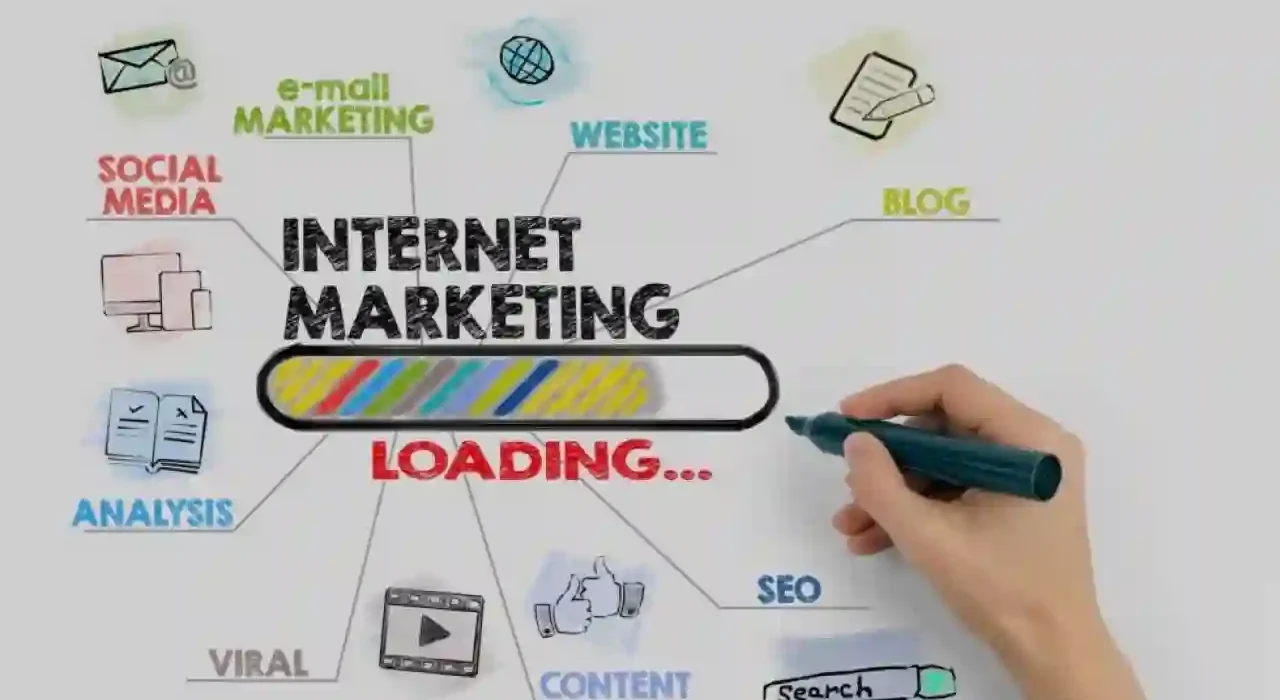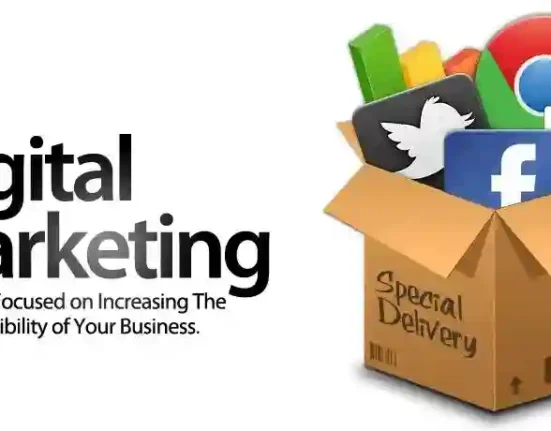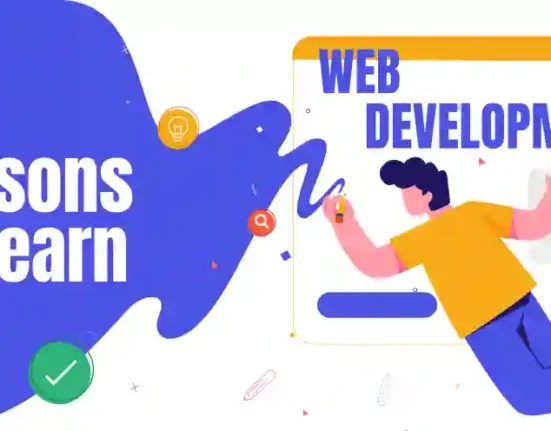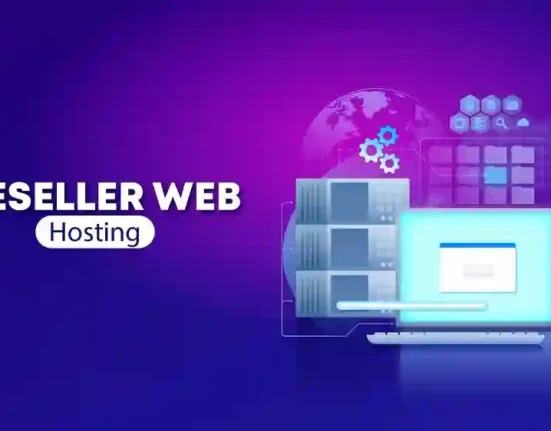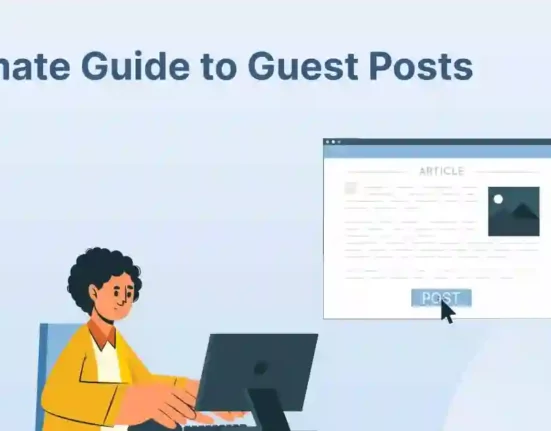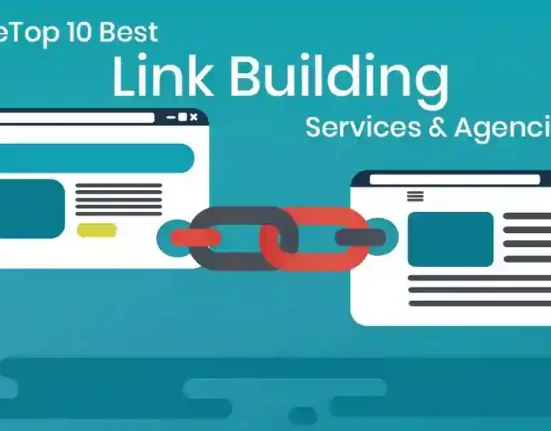In the digital age, the landscape of education has undergone a profound transformation. With the rise of online learning platforms, e-courses, and virtual classrooms, education has become more accessible than ever before. However, the increased competition in the online education space necessitates effective online marketing strategies to attract students and learners. In this article, we’ll explore essential online marketing strategies tailored to educational institutions and e-learning providers to help them reach and engage their target audience effectively.
The Growth of Online Education
The growth of online education has been accelerated by various factors, including advancements in technology, changing learning preferences, and the global reach of the internet. Whether you’re a traditional educational institution, an e-learning platform, or an individual educator, the principles of online marketing can help you tap into this burgeoning market.
Why Online Marketing is Crucial for Education
Online marketing plays a pivotal role in the education sector for several reasons:
- Increased Competition: The online education market is highly competitive, with numerous options available to learners. Effective marketing helps your institution or course stand out.
- Reach and Accessibility: Online marketing enables educational providers to reach a global audience of potential students, breaking down geographical barriers.
- Targeted Messaging: Digital marketing allows for precise targeting, ensuring that your message reaches the right audience based on demographics, interests, and behaviors.
- Data-Driven Decisions: Online marketing provides valuable data and analytics, allowing you to assess the effectiveness of your campaigns and make data-driven improvements.
- Cost-Effective: Compared to traditional advertising methods, online marketing can be more cost-effective, making it accessible for institutions with various budgets.
Now, let’s delve into effective online marketing strategies tailored for the education sector:
1. Optimize Your Website
Your website serves as your digital storefront and the first point of contact for potential students. It should be user-friendly, responsive, and optimized for search engines (SEO). Ensure that it provides clear and detailed information about your courses, faculty, admission processes, and contact details.
2. Content Marketing
Create valuable and informative content that addresses the needs and interests of your target audience. Blog posts, articles, e-books, and videos can establish your institution or platform as a knowledgeable authority in your field. Share this content on your website and through social media.
3. Leverage Social Media
Maintain active and engaging social media profiles on platforms like Facebook, Instagram, Twitter, and LinkedIn. Use these platforms to share educational content, success stories, and updates about your courses or institution. Engage with your audience by responding to comments and messages promptly.
4. Paid Advertising
Invest in paid advertising campaigns to reach a wider audience. Platforms like Google Ads and social media advertising allow for targeted campaigns based on demographics, interests, and keywords. Consider using pay-per-click (PPC) advertising to drive traffic to your website.
5. Email Marketing
Build and nurture an email list of potential students and interested learners. Send regular newsletters, course updates, and relevant educational content to keep your audience engaged and informed. Personalize your email communications whenever possible.
6. Online Webinars and Workshops
Host webinars and online workshops on topics relevant to your courses or educational offerings. These events can showcase your expertise and allow potential students to interact with you directly.
7. Video Marketing
Create video content that highlights your courses, faculty, and success stories. Video is an engaging format for conveying information and can help build a personal connection with your audience.
8. Offer Free Resources
Provide free resources such as e-books, sample lessons, or quizzes related to your courses. This can help attract learners and showcase the quality of your educational content.
9. Search Engine Optimization (SEO)
Optimize your website for search engines to improve your organic visibility in search results. Use relevant keywords, meta descriptions, and high-quality content to rank higher in search engine results pages (SERPs).
10. Online Reviews and Testimonials
Encourage satisfied students to leave reviews and testimonials on platforms like Google My Business, Trustpilot, and course review websites. Positive reviews build trust and credibility with potential learners.
11. Social Proof
Highlight achievements, awards, accreditations, and partnerships to establish trust and credibility. Social proof can reassure potential students of the quality of your educational offerings.
12. Online Communities and Forums
Engage with online communities and forums related to your field of education. Share your knowledge, answer questions, and establish yourself as an expert in the subject matter.
13. Retargeting Campaigns
Implement retargeting campaigns to re-engage with website visitors who did not enroll in your courses initially. Display relevant course offerings and content to remind them of the value you provide.
14. Mobile Optimization
Ensure that your website, emails, and marketing materials are optimized for mobile devices. Many potential students use smartphones and tablets to access educational content.
15. Clear Calls to Action (CTAs)
Include clear and compelling CTAs on your website and marketing materials. Encourage potential students to take action, such as signing up for courses, requesting more information, or scheduling a consultation.
16. Student Success Stories
Share success stories and testimonials from your students. Highlight their achievements and the impact your courses or institution has had on their lives.
17. Live Chat and Support
Implement live chat or support options on your website to provide immediate assistance to potential students. Quick responses can lead to higher conversion rates.
18. Data Analytics
Use data analytics tools to track the performance of your online marketing efforts. Monitor website traffic, conversion rates, email open rates, and social media engagement. Analyze this data to refine your strategies.
19. Compliance and Transparency
Ensure that your online marketing practices comply with regulations and ethical standards in the education sector. Be transparent about course costs, accreditation, and admission requirements.
20. Continuous Improvement
Regularly assess the effectiveness of your online marketing strategies and make adjustments based on data insights and feedback from students. The digital landscape is constantly evolving, so staying adaptable is key to success.
In conclusion, online marketing is a powerful tool for educational institutions and e-learning providers to attract students and learners. By implementing these strategies and staying committed to providing quality education, you can connect with your target audience, inspire them to enroll in your courses, and make a positive impact on their educational journey. Building trust and credibility through effective online marketing is the key to success in the dynamic world of education.



